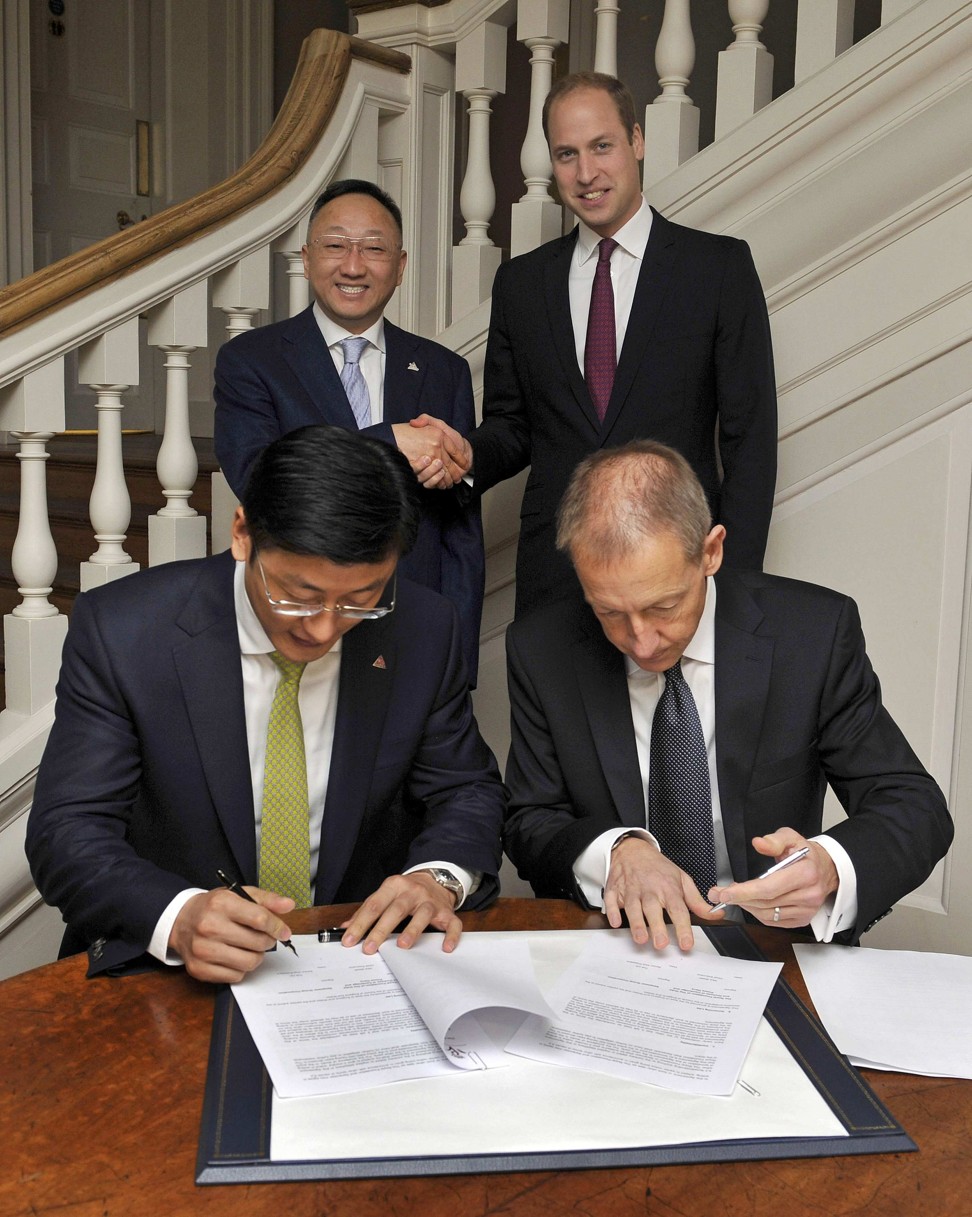
Unfazed by trade spat with America, China’s big deal makers are still shopping
Unperturbed by prospects for a China-U.S. trade war and heightened scrutiny over outbound investments, Chinese conglomerate Sanpower Group will continue its hunt for health care acquisitions in the US and Europe.
Sanpower, which bought Dendreon Pharmaceuticals from Valeant Pharmaceuticals International Inc. last year for US$820 million, is scouting for biotech assets around the globe, Chairman Yuan Yafei said in an interview in Beijing on Wednesday. It expects to spend about US$500 million to US$800 million on such deals over the next two years, he said.
Trade-war concerns stoked by US President Donald Trump have yet to manifest for Yuan, who said he has doubts about whether they ever will.
“So far I haven’t felt it,” Yuan said, when asked if rising trade tensions make the US market less attractive. “I think two big powers like China and the US should be partners. A trade war won’t take place. The two countries need each other.“
The company intends to bring its New York-listed stem-cell storage unit China Cord Blood Corp. back to the mainland market “in the fastest way,“ Yuan said, without giving a time frame. The business would be joining a wave of US-listed Chinese companies looking to return to the mainland market, where valuation levels are higher.

While Sanpower remains undaunted by prospects for a US trade war, it also says it hasn’t been affected by the scrutiny Chinese regulators have trained on acquisitive conglomerates looking to buy overseas.
“The government continues to support investments in advanced technology and the development of privately owned companies,” he said.
On the Chinese side, the government has pressured against what it has described as “irrational” overseas investments in sectors like sports and entertainment. US officials, including the Treasury-led Committee on Foreign Investment in the US, have at the same time signalled rising opposition to acquisitions by Chinese buyers this year.
“Although Chinese government support and bank financing should be available for global health care, pharmaceutical, or biotech acquisitions, US targets may be increasingly wary of Chinese deals,” said Brock Silvers, managing director at Kaiyuan Capital, a Shanghai-based multi-asset advisory. “Not only are CFIUS and related approvals becoming more difficult, but the US-Sino trade relationship seems increasingly unstable.”
Sanpower also owns retail assets outside China and on Tuesday, said its Nanjing Xinjiekou Department Store Co. unit would sell its majority stake in troubled British department store chain House of Fraser.
The group acquired House of Fraser in 2014 in a deal that valued the chain at £450 million (US$626 million) and will now maintain its alliance with the retailer, said Yuan. The plan to open 50 House of Frasers in China remains “largely unchanged,” he said.
The support is possible partly because Sanpower works with the China-based buyer Wuji Wenhua, a tourism development company.
“Wuji and I are very close, strategic partners,” Yuan said. “We will support House of Fraser collectively. There’s no question in that.“

